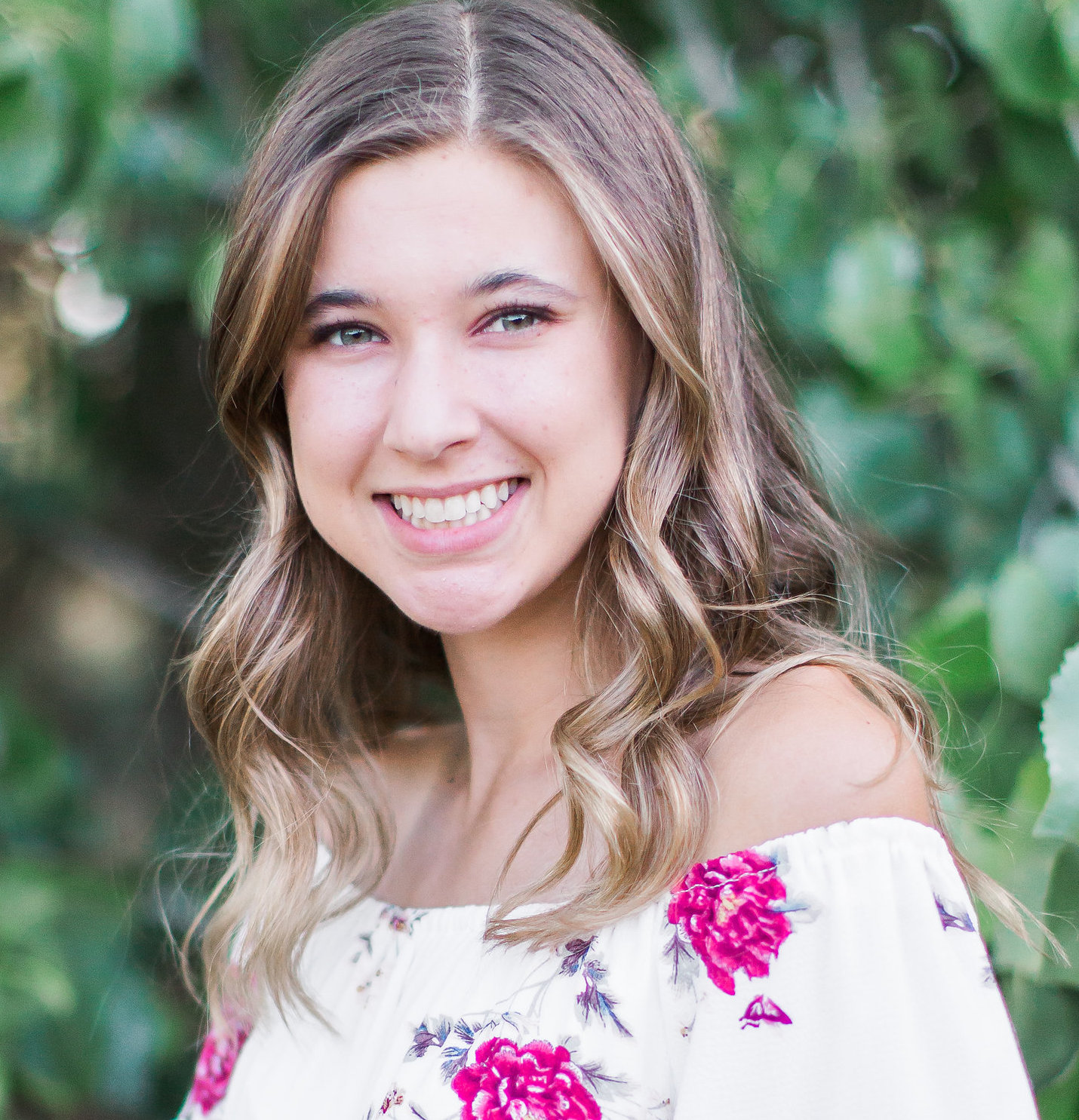This Q&A highlight features McKenna Lewis, recipient of an Honorable Mention in the 2021 CRA Outstanding Undergraduate Researchers award program. McKenna is a computer science major and currently works as an undergraduate researcher in the UCSD School of Medicine. In McKenna’s interview, she shares how she has benefited from showing resilience through faltering confidence and how supportive research programs and mentors helped her succeed. This interview has been edited for length and clarity.
How did you get started on research?
In my sophomore year, I was a trainee in UCSD’s CSE Early Research Scholars Program (ERSP). For the first quarter, I learned about research and developed research skills, such as how to read a research paper and how to tackle a new topic. I didn’t understand what research was until I was in ERSP. The program was amazing: it really made research feel less intimidating. My faculty mentor, grad student mentor, and the ERSP community made me feel supported when research felt totally new.
Have other experiences in computing been more intimidating?
As my high school didn’t offer computing classes, I took a community college course. That was super intimidating because I was younger and there weren’t many girls; it wasn’t a great experience for me. College was more welcoming, but still intimidating since many people came in already knowing how to code. I didn’t have much of a computing background, so it was hard to feel like I could succeed.
You say the community college experience in computing wasn’t great but still decided to major in computer science. I’m curious about that choice!
In the community college class, I felt out of place. But I was really interested. I liked the problems we tried to tackle and the concept of computing in general. I kind of took a leap of faith, and decided, okay, I’m going to go for it and somehow I’ll figure this out.
Can you tell me more about your research trajectory so far?
Professor Niema Moshiri was my ERSP faculty mentor and introduced me to bioinformatics. I helped develop SEPIA, a Python framework using simulation to evaluate prioritization techniques used with viruses like HIV, resulting in a co-first author paper.
In Summer 2020, I worked in the Alvarado lab studying student experiences in early CSE courses during the shift to emergency online learning. I was first author on the resulting paper and presented it this past June.
Since September 2020, I’ve been working in Dr. Kit Curtius’ lab, using mathematical models and computational approaches to study the evolution of cancer cells. This work was presented at a couple of venues in October. I also recently contributed to a manuscript that looks at relationships between DNA, autoimmunity, and cancer.
What kind of role has mentor support played in that trajectory?
Niema Moshiri has been an amazing mentor, even providing guidance for my work on projects in other labs. He has opened important doors for me in bioinformatics, helping me make connections with other faculty. Also, tutoring for Dr. Moshiri’s computer science classes taught me about computer science education and course design in computing, areas I see myself pursuing further in the future.
Have you faced any challenges pursuing computing research?
Trying to learn the background knowledge for different projects, especially background biology knowledge, was a challenge. I’ve also had to work with some self-doubt, like that feeling of being out of place, and to develop my confidence.
Can you tell me more about working through that gap in your background knowledge?
Many people in bioinformatics seem to pick up the bio on their own, so that’s what I tended to do. For the basics, I’ve used books, online courses, and YouTube videos. Weekly journal clubs in the Curtius lab and discussing bio questions with Dr. Moshiri and Dr. Curtius have both been really helpful, since the more I talk about it and work on it, the more confident I feel. Since bioinformatics is very interdisciplinary you can bring your expertise in one area and gain knowledge in the others, which prepares you to tackle unique problems, which is one thing I love about it. While it felt like a risk to start without the background knowledge, it obviously paid off, because it’s what I think I want to do in my Ph.D.
Have you found ways to improve your confidence?
Tutoring for computer science classes helped improve my confidence. When you have to teach material to other students and completely explain it, you suddenly realize, wait, I do know this, and I shouldn’t be doubting my mastery of concepts and my ability to succeed in computing.
When it comes to confidence in research, I presented a paper at a conference, and that was so nerve-racking, but after I did it—and even answered a live Q&A—I was totally fine. I think forcing myself into those more social and scary situations helps me build confidence along the way.
Do you have any advice for students considering getting into research?
Don’t be afraid to reach out to professors or graduate students; having mentors in research can be incredibly helpful and make the experience better. You are always capable of learning new things even if it seems intimidating or you don’t have experience in the research area yet.
— Edited by Nadia Ady
